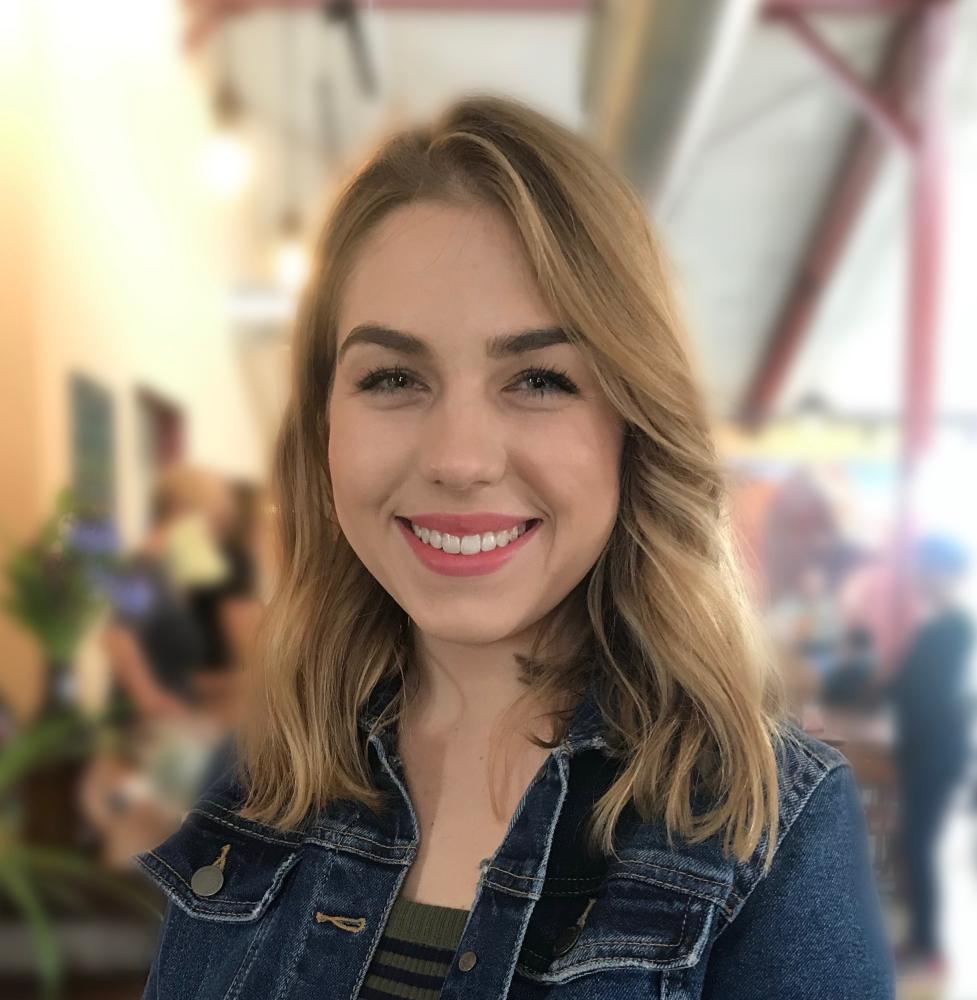
A winery located on Lake Chelan in north-central Washington state.
The state of Washington’s wine industry faces an increasingly grim fate at the hands of climate change. Winemakers must evolve to combat changes brought forth by global warming or go extinct if they’re not willing to adapt. But now, there’s a glimmer of hope for the Washington wine business.
Sustainable WA, Washington’s first state-wide wine grape sustainability program, is making strides to ensure the survival of the industry. Conceived over the span of 20 years, the program is a collaboration between Washington winegrowers, the Washington State Wine Commission, the Washington Wine Industry Foundation and the Washington Wine Institute with a commitment to “quality fruit, environmental stewardship, and healthy communities.” The program aims to certify vineyards as “sustainable” as early as this summer.
Sustainable WA-certified vineyards must commit to using sustainable viticultural practices and pass a third-party audit to ensure quality operational standards, with additional audits every three years. Sustainable WA’s program manager, Katlyn Slone, hopes that in doing so, the organizations’ stakeholders are promoting the message of continued advancement, not just a one-and-done solution.
Qualifying vineyards and wineries are able to don the Sustainable WA logo on their wine labels to signify their grape certification. From this coalition’s point of view, it is imperative for Washington winemakers to join this movement, not only for the survival of their vineyards, but for their spot in the increasingly competitive “sustainably” branded global marketplace, as well.
Washington is the second highest wine-producing state behind California, producing about 10 percent of U.S. wines. In 2021, the state had almost 60,000 acres of vineyard land according to the Washington Winegrowers Association, most of which is watered by runoff from the Cascade Mountains.
Rising temperatures triggered by climate change are causing snowpack to melt faster, pushing more mountain water into vineyards earlier in the growing season than in previous years. Conversely, because excess water drains so much earlier, there is none left to supply vineyards within the summer months.
In 2021, Washington Governor Jay Inslee declared a drought emergency from these effects. In addition to parching the vineyards, the excess heat also sunburns the grapes and encourages pest infestations. Today, vineyards are getting on average 30 percent less water than 50 years ago.
Water is not the only element have an impact on vineyards — west coast wildfires are destroying the quality of more sensitive wine grapes. Although Washington winemakers say that wildfire smoke currently affects only a small portion of grapes, it still is a concern for some grape varieties that are more prone to permeation, rendering those wines unsellable. Furthermore, when there is oppressive heat or wildfire smoke, vineyard workers aren’t able to spend as much time grooming and tending to the vines.
The future of wine making in an era of climate change will require even more precision than already necessary. Wine grapes must be matched with the correct climates, temperatures, moistures and soil types to properly grow. Even minimal deviants from these norms can have a major impact on the quality of the grapes, and therefore, wine.
Previously, winemakers were able to tailor their care to the needs of their grapes, but with climate change rapidly affecting the industry, it’s anyone’s guess what alterations will be needed to produce satisfactory grapes. This could even force vintners to choose different grapes altogether that are better suited to grow in warmer climates.
Experimentation isn’t just inevitable, it’s essential. If winemakers aren’t up to the task of growing, there likely won’t be a place for them in Washington state’s wine landscape. Sustainable WA is working diligently to ensure the industry’s survival and continued production of quality, sustainable, and healthy grapes for generation to come.
Image credit: Sergei A via Unsplash

Katie LaMarca is a writer based in Madison, WI. She is passionate about sharing stories encouraging thoughtful and sustainable consumption of food, clothing and other products. She has written for the telecommunications industry, a national out-of-home advertising agency, a world-ranked university, various news outlets and more. In her free time, Katie enjoys traveling, yoga and cuddling her two food obsessed, anxiety-ridden cats.














